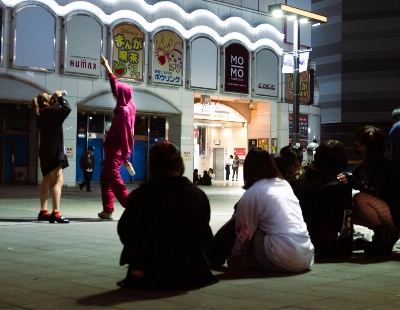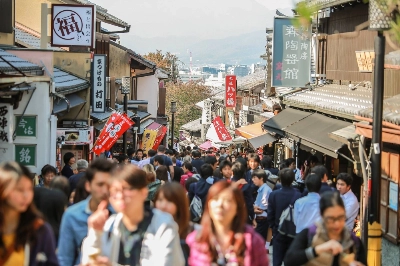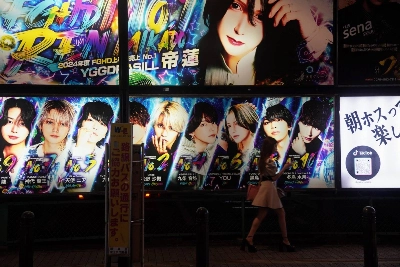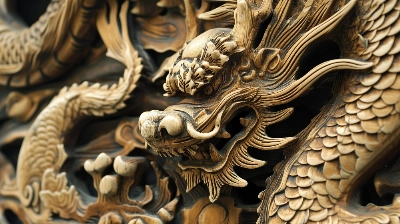Love him or loathe him, you just can't ignore him. That old cliche certainly rings true with Marilyn Manson. Rap might have thrown up its first genuine white rapper, Eminem, to get up the establishment's nose, but metal has the ghoulish Goth freak to take care of the other end.
On the surface, the two M&Ms may appear to be polar opposites in the MTV-dominated musical spectrum, but they have a lot in common: Both are brazen publicity-seekers who exhibit an ability to manipulate the press and the public alike. But I'd argue that Manson has a chilling edge over the trailer-trash rapper, an edge that doesn't come from his schlock-horror theatrics nor his heavily stated anti-Christian views. It's more that his music has a real sense of sickly claustrophobia at its heart, something the spindly, soft-spoken Manson touched upon when I caught up with him on his recent European tour.
"The nature of art has to be evil because it challenges the status quo and what the moral majority regards as beautiful or moral or ideal. I suppose I wanted to represent chaos as a force which can loosen and free people from everyday restraints and routines that trap people. That's a war that I'll never stop fighting. Well, for as long as it takes."


















With your current subscription plan you can comment on stories. However, before writing your first comment, please create a display name in the Profile section of your subscriber account page.